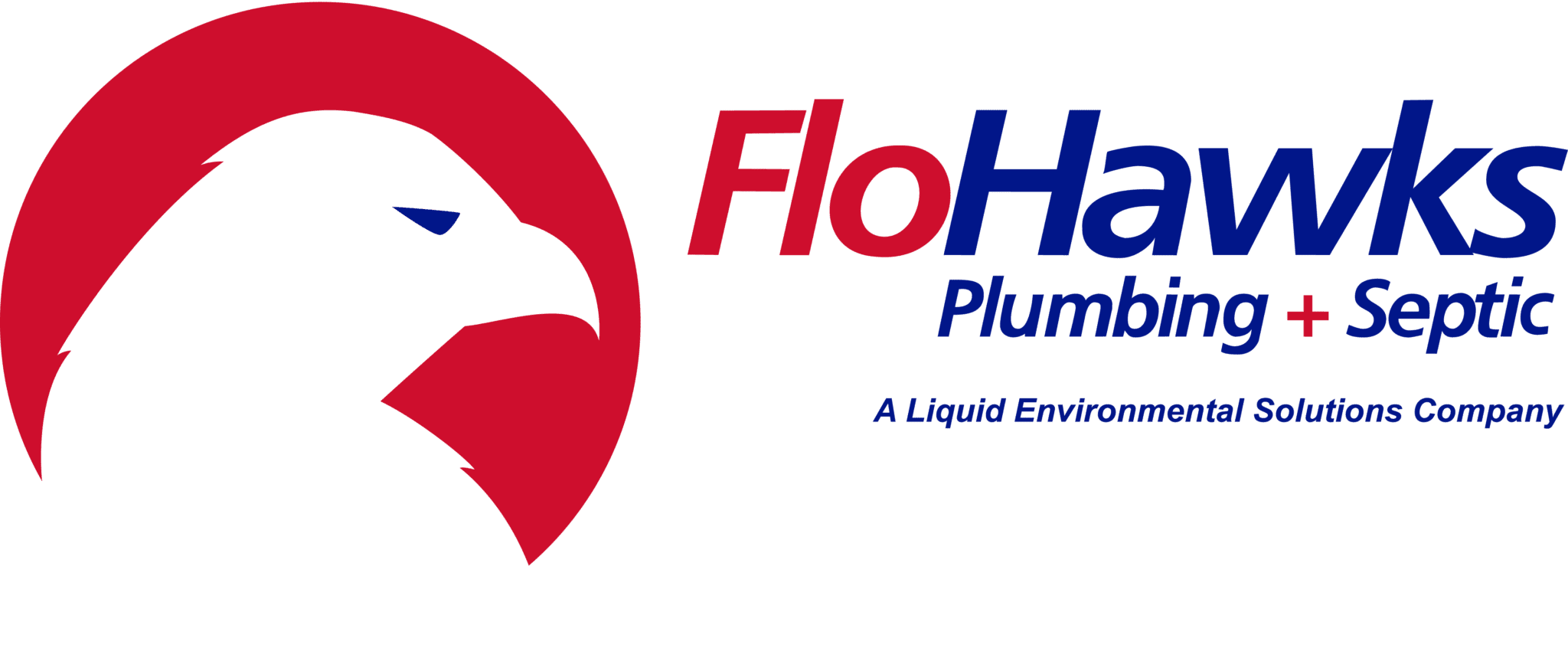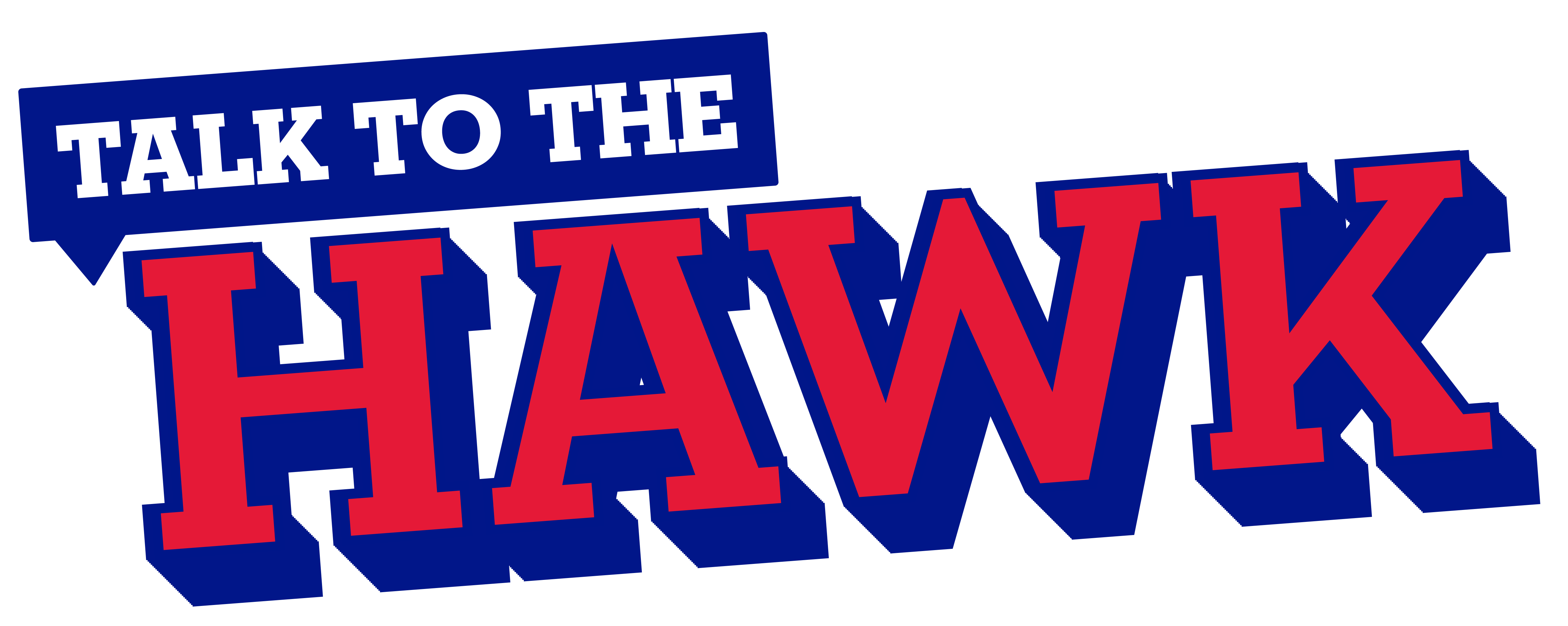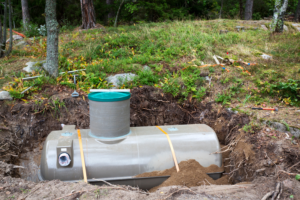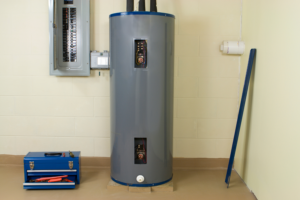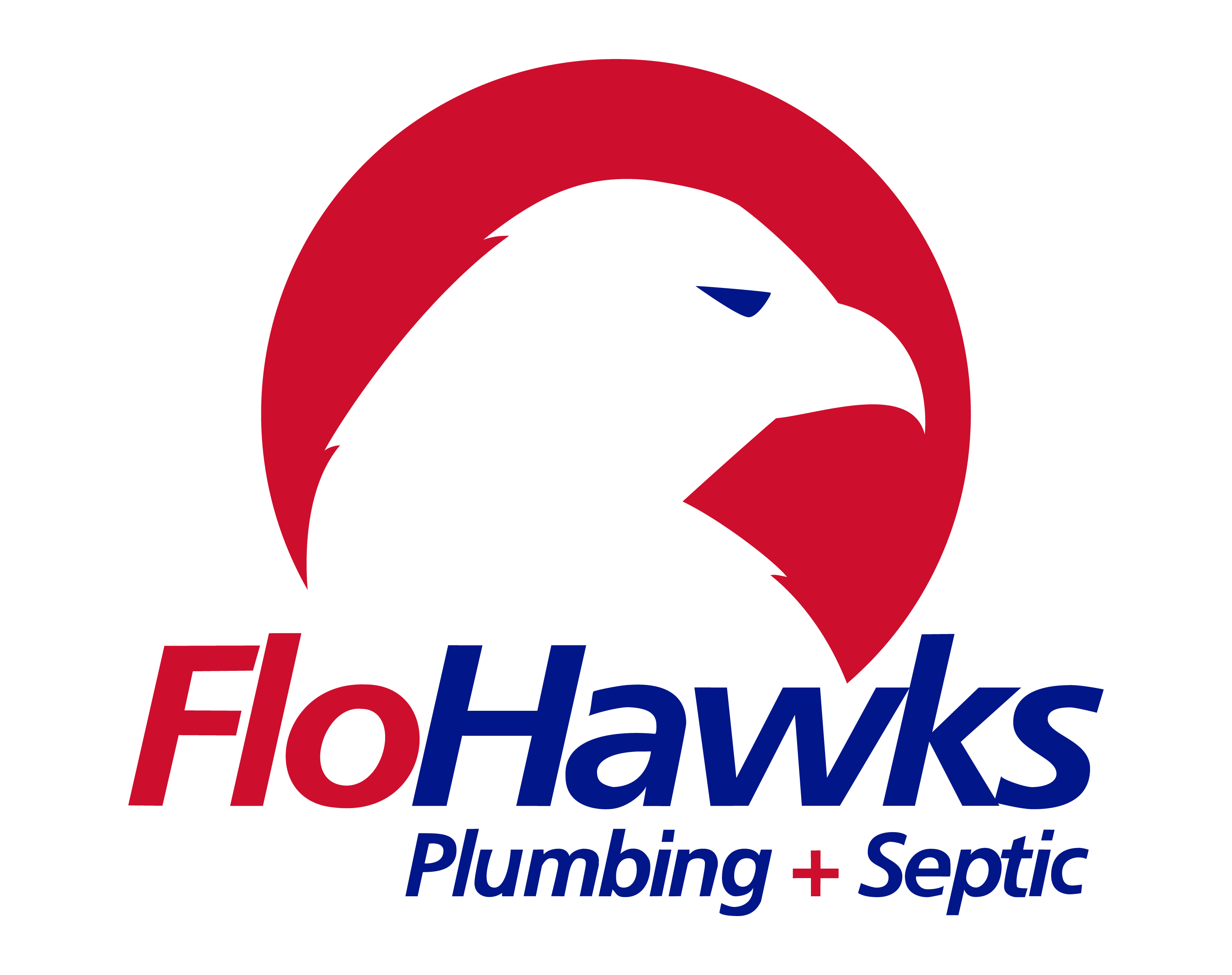Most of us never think about the many things we do every day that affect our sewer system. But, the reality is, our sewer lines are hard at work with every flush of the toilet, each time we turn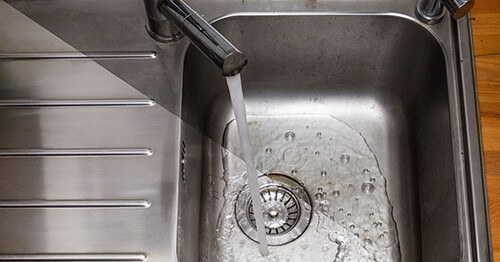
the faucet on, use the dishwasher or start the washing machine. So, all it takes is one clog in the line to create a plumbing crisis that could cost thousands of dollars to solve.
For this reason, learning to prevent sewer line backups is very important. Here are some tips that can help homeowners avoid sewer line obstructions.
Most flushable products are not really flushable
Although many products such as paper towels and baby wipes are labeled as safe to flush down the toilet, the truth is that they can cause buildup and clogs when they are disposed of that way. This goes for diapers and feminine hygiene products as well because none of these products disintegrate like toilet paper. Therefore, they should not be flushed into your sewer system. Ever. The only paper product that you should flush down your toilet is toilet paper.
Avoid kitchen drain strain
 Many people are surprised to learn that numerous foods and liquids should not be poured down our kitchen sinks. Do not pour any kind of grease, cooking oil or sauce down your drain. Even vegetables like celery and lettuce can cause clogging, as well as onion peels, potatoes, pasta, and rice – because they do not dissolve easily. Coffee grounds and eggshells also should be thrown in the trash or used as garden fertilizer – not put down the kitchen sink.
Many people are surprised to learn that numerous foods and liquids should not be poured down our kitchen sinks. Do not pour any kind of grease, cooking oil or sauce down your drain. Even vegetables like celery and lettuce can cause clogging, as well as onion peels, potatoes, pasta, and rice – because they do not dissolve easily. Coffee grounds and eggshells also should be thrown in the trash or used as garden fertilizer – not put down the kitchen sink.
Does the grass in your yard have wet spots?
Check your yard regularly to make sure that it does not have soft soil or soggy spots. If they appear when it has not been raining, check your water line for leaks.
Replace old pipes
Like any other pipe system, main sewer lines can deteriorate, crack or collapse over time. However, the clay and metal sewer lines that were used in building homes years ago are especially at risk of being infiltrated by tree roots and rocks as well. Consider replacing them with updated plastic products or PVC piping.
Have a backwater prevention valve installed
A plumbing professional can install this into a sewer line in the basement of your home to help prevent backups. The valve works to send sewage out of your home and does not allow it to flow back into it – this avoids a very messy situation.
FLOHAWKS CAN HELP
We know that a damaged or obstructed sewer line can quickly spiral out of control, leaving you scrambling for help. Call FloHawks at (800) 356-4295 to schedule a visit from one of our experienced and certified plumbing teams or schedule an appointment online. We promise your sewer or other plumbing issues will be handled promptly and efficiently.
